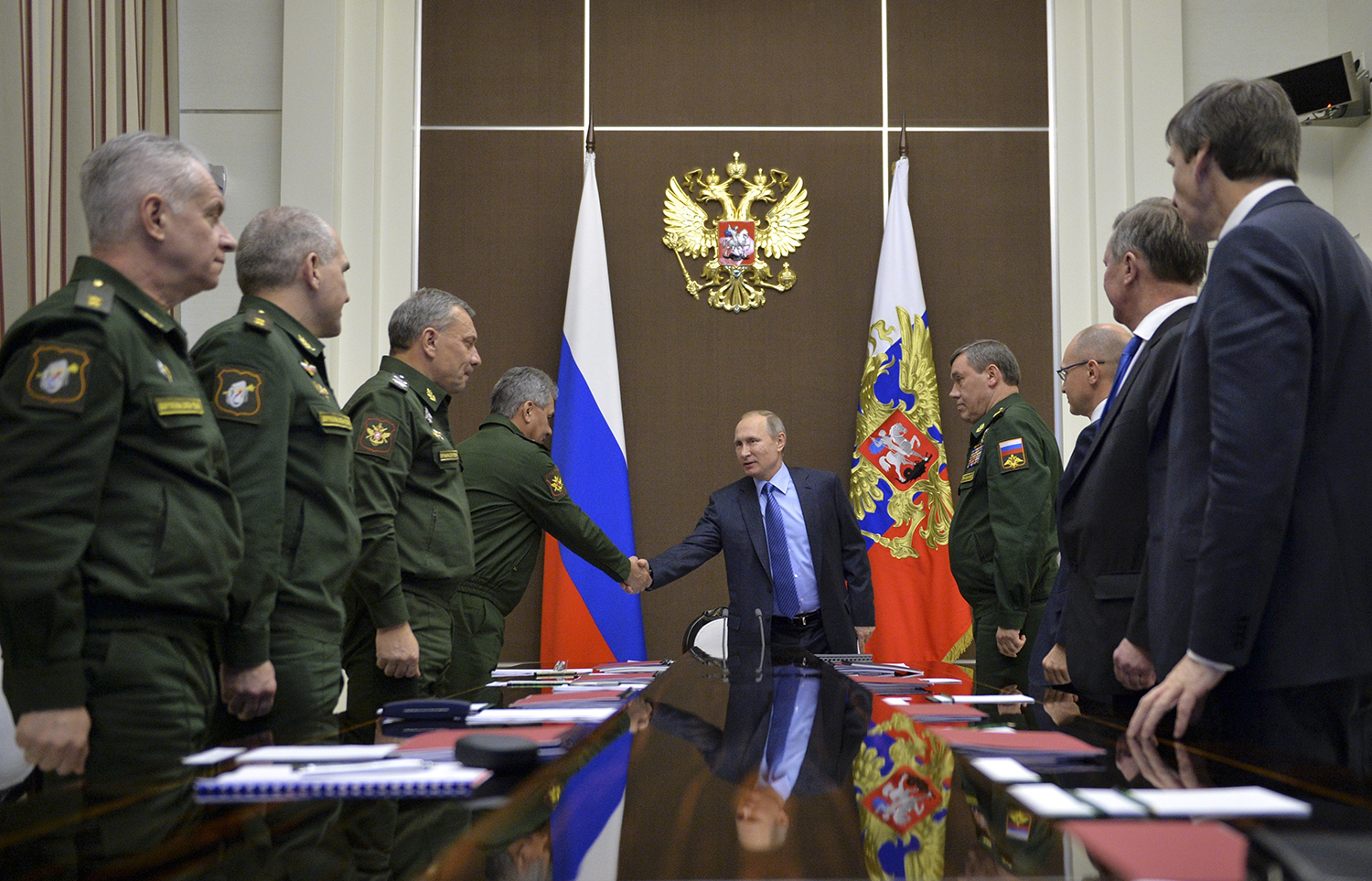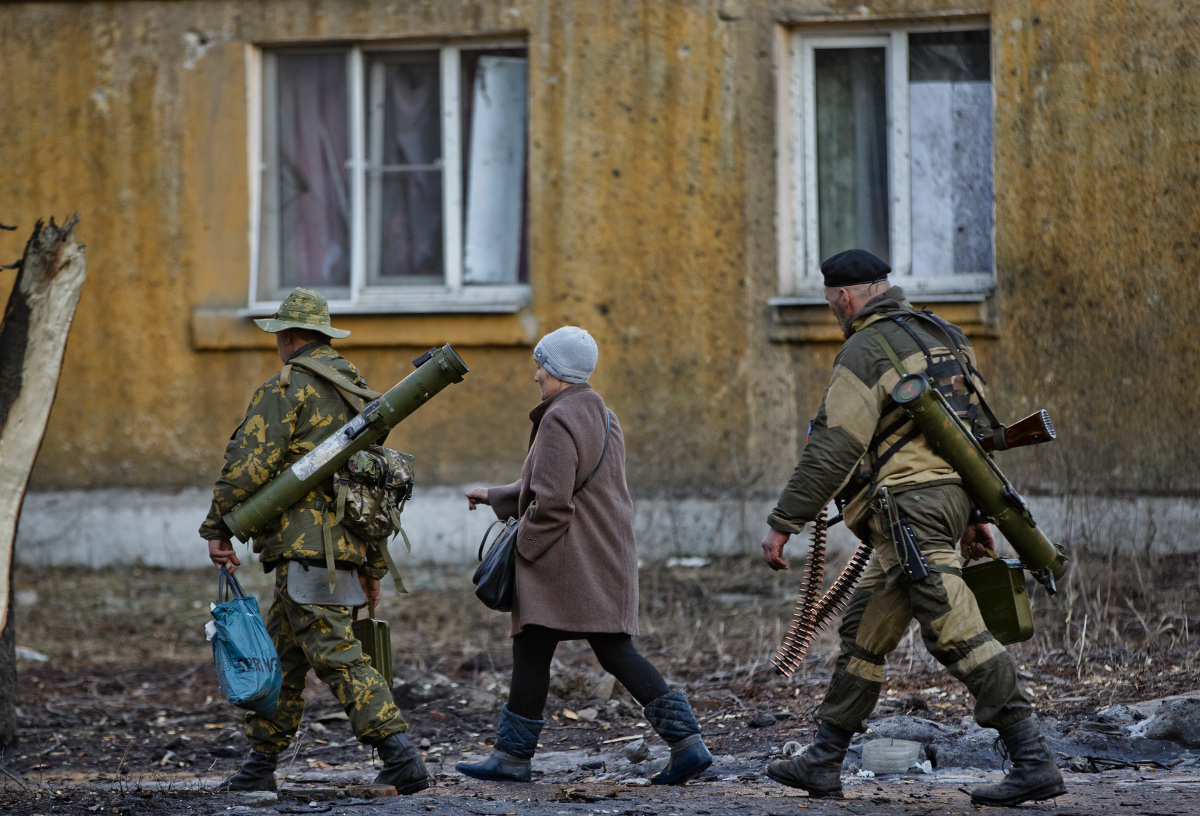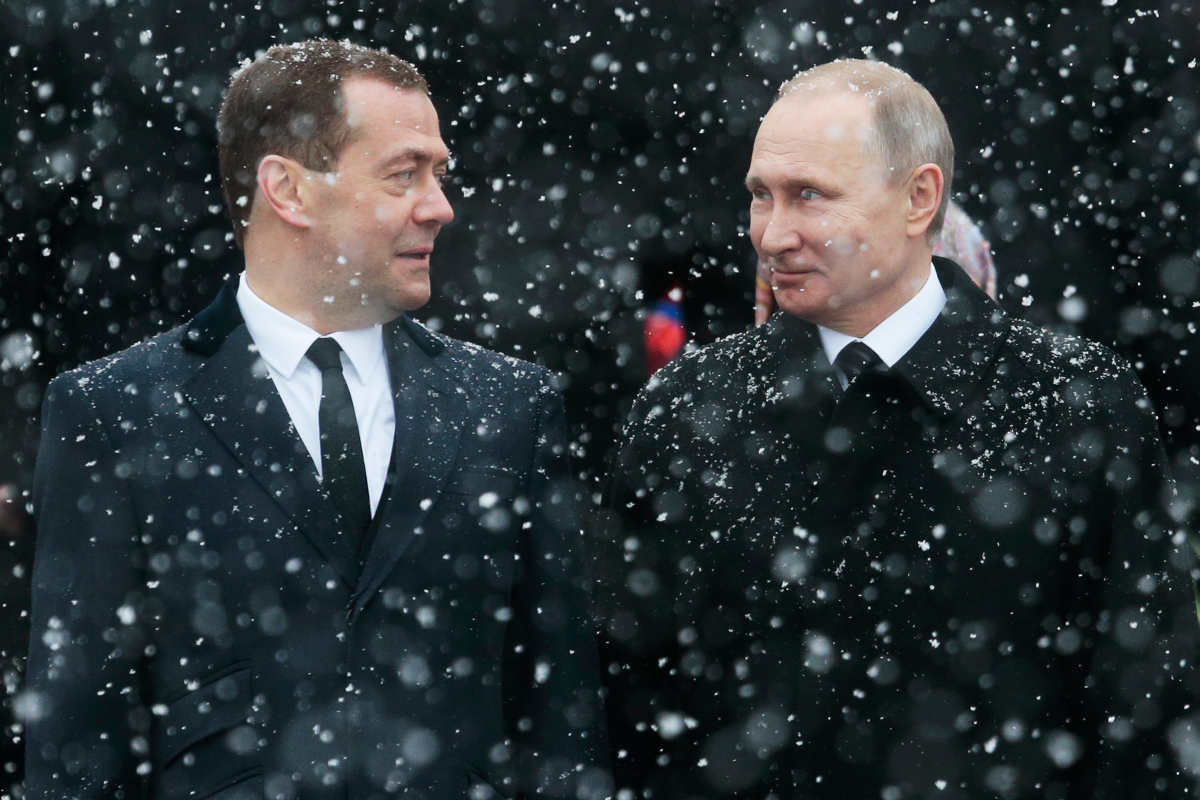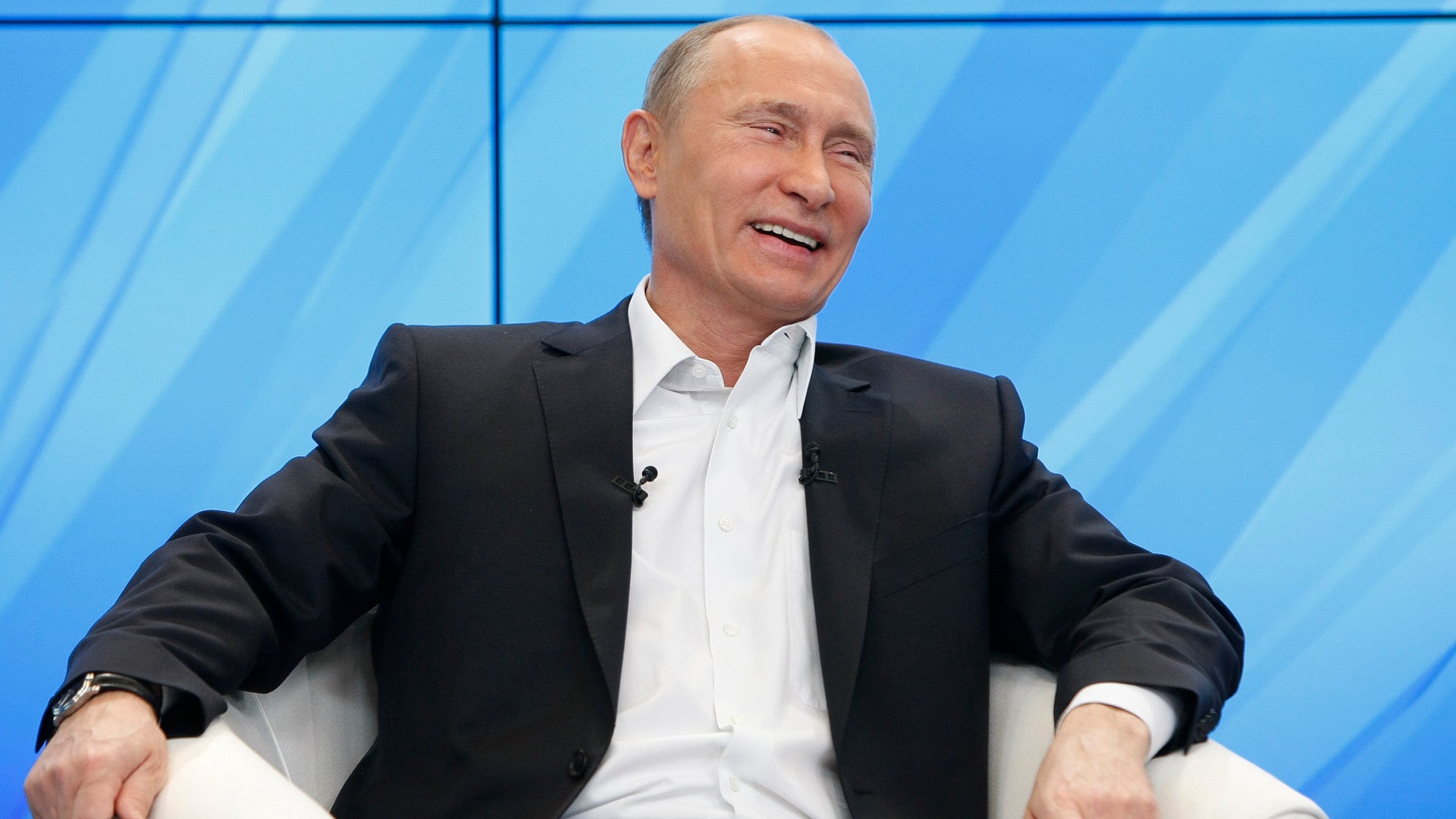Russian President Vladimir Putin has all but admitted the Russian government conducted a complex cyber warfare campaign targeting the 2016 presidential election in the United States. His comments fit a trend of previous Kremlin denials regarding the country’s involvement in various conflicts and attempts to influence or coerce foreign governments, often in the face of gobs of evidence to the contrary.
Putin made his remarks during a forum with the editors of major international media outlets in St. Petersburg on June 1, 2017. During the event, he took the opportunity to address increasing accusations that Russian government actors had been involved in “hacking” foreign elections.
You can read his remarks, as they’ve been widely translated, for yourself:
Hackers are free people, just like artists who wake up in the morning in a good mood and start painting. Likewise, hackers get up in the morning and read the news about international affairs. If they feel patriotic, they try to make what they see as a fair contribution to the struggle against those who speak ill of Russia. Is that possible? Yes, theoretically.
Later on in the wide-ranging discussions he added:
What’s most important, and this is my deep belief, hackers can’t crucially influence an election in a foreign country. No information will change the minds of a foreign people and the outcome. So that’s my answer: The Russian government is not [supporting hackers at any level, and doesn’t plan to. On the contrary, we try to fight it in Russia. But anyway, I’m sure that no hackers will be able to influence an election in any European country, in Asia, or America.
On the face of it, these comments aren’t particularly new or interesting. Russian officials within the country and at their embassies abroad have been increasingly flippant in denying accusations the country’s intelligence services have sought to undermine the democratic processes in countries such as the United States, France, and Germany.

“Hacking,” which seems to imply directly breaking into a computer network to change an election result, might not necessarily be the most accurate description of the Kremlin’s activities. Foreign intelligence and law enforcement agencies, as well as independent cyber security firms and experts, have more accurately said Russian agents and government sponsored actors have selectively stolen and leaked information to smear certain politicians and political parties, possibly seeded those leaks with or been duped into releasing fabricated documents, actively spread disinformation, and otherwise sought to manipulate the public discourse. Both organizations and individuals have taken responsibility for these operations. Some of these, such as the individual or individuals claiming to be the hacker Guccifer 2.0, have insisted they’re acting on their own accord despite evidence linking them to Russian intelligence agencies.
Notably, in October 2016, the United States Computer Emergency Readiness Team (US-CERT), an element of the Department of Homeland Security, released an unclassified Joint Analysis Report with “details regarding the tools and infrastructure used by the Russian civilian and military intelligence Services (RIS).” The review specifically looked at entities known as Advanced Persistent Threat 28 and APT 29, better known as Fancy Bear and Cozy Bear. These two groups are widely understood to be directly under the control of the military Main Intelligence Agency (GRU) and either the civilian Federal Security Service (FSB) or Foreign Intelligence Service (SVR), respectively. Cyber-security firms had previously connected the organizations to cyber attacks dating as far back as 2008. DHS said its information was part of a broader investigative operation into “Russian malicious cyber activity,” which it had nicknamed Grizzly Steppe.

Russia has steadfastly denied these assertions, saying that American and other foreign officials have creatively crafted the available evidence to point back to the Kremlin. Putin and his spokesmen have branded the allegations as “hysteria” and the product of “Russophobia.” But the Russian leader’s own words in St. Petersburg suggest things may not be so clear cut.
In particular, his use of the term “patriotic” to describe Russians motivated by their love of country, but acting independently from any government direction is one that he has trotted out before in a very different context. In March 2015, Putin said it had been the “composure and patriotism” of Russians that had delivered Ukraine’s Crimea region back to the motherland a year earlier, rather than a forceful invasion and illegal annexation.

In August 2014, a separatist commander leading rebel in Ukraine’s eastern Donestk region made similar comments in an interview with the Russian television channel Vesti, according to Reuters. “Among us are fighting serving [Russian] soldiers, who would rather take their vacation not on a beach but with us, among brothers, who are fighting for their freedom,” Alexander Zakharchenko told the state-run outlet. At the same time, other Russian state media characterized them as heroic “volunteers” who “could not idly observe events.”
The language of being unable to control the actions of such individuals is equally familiar. “We don’t call on anyone to do this, we don’t encourage [going to fight in Ukraine],” Nikolai Patrushev, secretary of Russia’s Security Council, insisted in an interview with state news agency RIA Novosti, now known as Sputnik, in June 2015. “But realistically, to stop them would be impossible.”

In December 2015, Putin finally admitted that his country had military intelligence personnel supporting the separatists fighting the government in Kiev. He still denied widespread reports that actual, conventional Russian troops with tanks, heavy artillery, and other weaponry had joined the fight and were dying in significant numbers.
So, one could argue that Putin’s comments might be more of a non-denial, setting his government up to distance itself from individuals involved in these activities. His comments do follow leaks from U.S. officials that American investigators have identified Russian cyber warriors by name and may have traced certain networks back to the Russian president himself. And Kremlin authorities have acknowledged their ability to conduct such operations, even if they insist that other countries have the same abilities. In February 2017, Russia’s Defense Minister Sergei Shoigu said his forces were conducting “intelligent, effective propaganda” against unspecified targets.

There is always the remote possibility that Putin is telling the truth, or is at least making statements that are technically correct. But combined with his past statements and the repeated changes in his government’s official line regarding the fighting in Ukraine, as well as the shootdown of Malaysia Airlines flight MH17 over the country, his new comments seem to come very close to acknowledging an active hand in trying to influence the outcome regardless of whether or not it worked out directly.
Whenever it comes to Vladimir Putin, one has to remember that you’re dealing with a former Soviet intelligence officer who has infamously said “there is no such thing as an ex-Chekist.”
Contact the author: joe@thedrive.com
